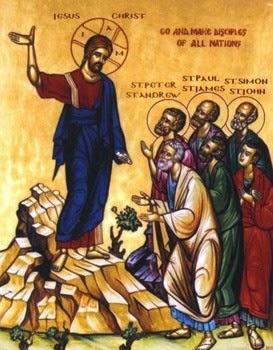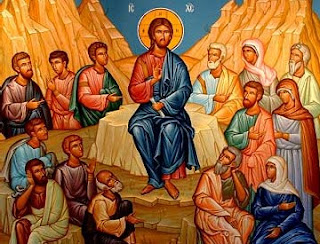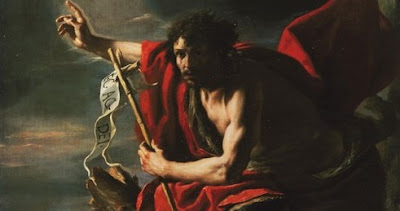Christ Heals a Man Blind From Birth: John 9:1-41

On the 4th Sunday of Lent, we read in John’s Gospel about Christ healing a man blind from birth. We identify with the man who came to see and believe in Jesus as the Son of God. The Lord has anointed our eyes with His own divine hands and washed them with the waters of our baptism. Jesus used mud made with his own saliva, and told the man to wash in the waters of Siloam. Jesus did this because it was the Sabbath, the day, when it was strictly forbidden to make mud, spit, and wash. By breaking these Jewish ritual laws, Jesus proved that He is indeed the Lord of the Sabbath. As such, He is co-equal to God the Father, the One who works even on the Sabbath, the holiest of days, directing the world He created. The scandal totally transcends the fact that Jesus has healed the blind man, who is expelled from the synagogue because of his faith in Christ. The whole Church follows this man in his destiny, knowing that the truly blind are those who do not recognize Jesus as the Lord and pers

.jpg)

